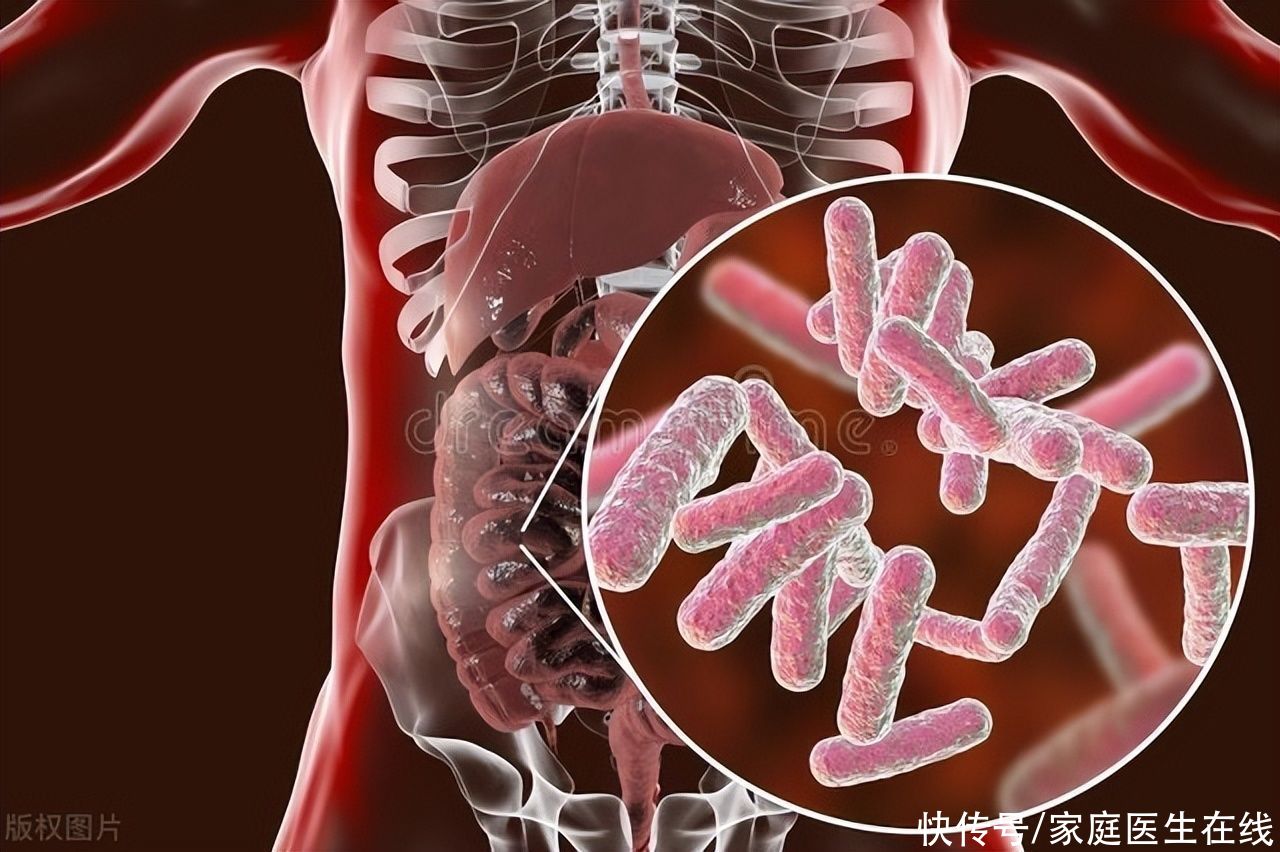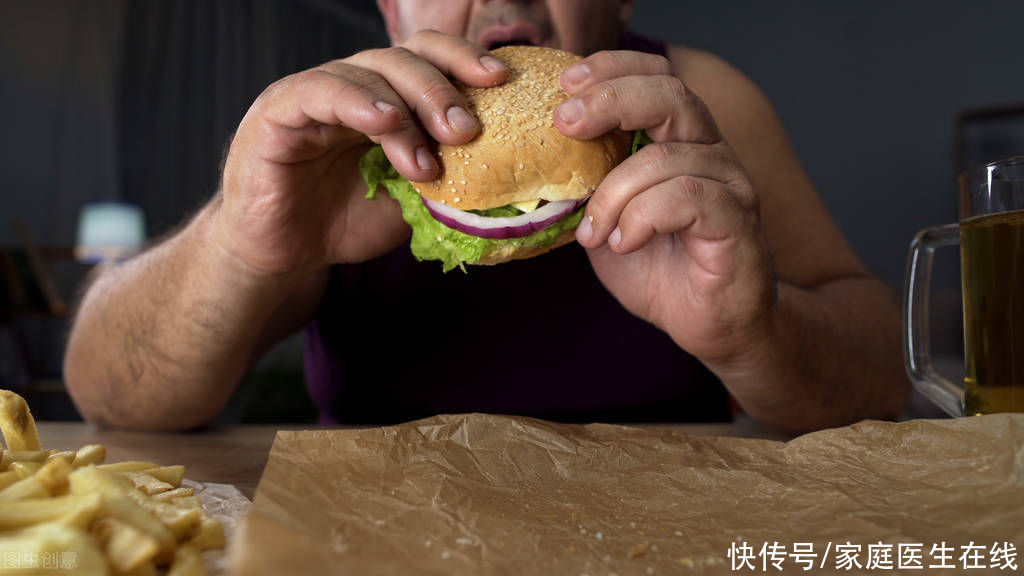The largest immune organ in the body is the intestinal tract, and it is also the most important digestive organ in the body. All food enters the intestinal tract to be digested and absorbed, and then converted into the nutrients needed by the human body to support the entire life activities. In other words, gut health is the foundation of physical health, so you should take good care of your gut, correct gut-damaging behaviors in a timely manner, and eat more of the following foods.

What foods does the gut like?
1. Yogurt
Yogurt is a common fermented dairy product in daily life, which not only contains high-quality protein and calcium As well as vitamin D, but also contains active probiotics, which can regulate the balance of intestinal microorganisms and improve resistance. You should choose yogurt with high probiotic content, new production date and refrigerated in the freezer. This yogurt has better probiotic activity; at the same time, you should carefully read the nutritional composition table and choose yogurt with less additives, less sugar and low calories.
2. Fermented foods
The common fermented foods in life are natto, stinky Tofu, tempeh and fermented bean curd, etc., are added with a large number of probiotics during the fermentation process, which can regulate the intestinal flora and eliminate harmful bacteria, thereby maintaining intestinal health. In addition to the above fermented foods, you can also choose kimchi and syrup, which also contain a lot of probiotics, which can ensure the health of intestinal flora.

3. Dietary fiber
Although dietary fiber does not provide calories and nutrients for the body, nor can it be absorbed by the gut, it is beneficial to the body and gut health. If there is a lack of dietary fiber in the diet, the intestinal microbes will degrade the intestinal mucosa, weaken the protective barrier, and promote the invasion of pathogenic bacteria. Therefore, sufficient dietary fiber should be supplemented.
Dietary fiber can prolong satiety, accelerate gastrointestinal motility, promote the discharge of metabolic waste, avoid postprandial blood sugar rise, and reduce fat absorption and utilization. The daily intake of dietary fiber for adults should reach 25-30 grams, and dietary fiber can be obtained from black fungus, enoki mushroom, seaweed, carrot and whole grains.

Which behavior hurts the gut?
1. Abuse of antibiotics
Although antibiotics can kill bad bacteria, good bacteria cannot be spared. Overuse of antibiotics can disrupt the protective barrier of the gut, leading to disturbances in the intestinal flora, increasing the risk of chronic diseases such as allergic asthma, infectious diseases and gastroenteritis, and obesity.
2. Too greasy diet
High fat and oil diet, big fish and big meat Eating it can promote the growth and reproduction of harmful bacteria in the intestinal tract, increase toxins in the intestinal tract, reduce the protective barrier of the intestinal tract, and easily induce chronic inflammation.

3. Excessive dieting to lose weight< /p>
Eating too much meat and eggs and lack of dietary fiber in the diet can disrupt the balance of gut microbes and lead to digestive disorders. Excessive dieting will cause the lack of food residues in the intestines, unable to stimulate intestinal peristalsis, and easily induce or aggravate constipation.
4. Insufficient exercise
Insufficient exercise can cause intestinal flora imbalance and induce Obesity increases the risk of developing metabolic diseases.

Message from the doctor
You should eat more in your daily life Coarse grains, nuts, and green leafy vegetables contain dietary fiber that can be fermented in the gut to produce a large amount of short-chain fatty acids, which promotes the reproduction of beneficial bacteria. Only eat 7-8 minutes per meal to be full. You can’t overeat, because consuming too many nutrients stimulates the growth of harmful bacteria and disturbs the balance of intestinal flora. In addition, timely correct bad habits in life, do not abuse health products and antibiotics, refuse smoking and drinking; reduce sedentary time, and maintain moderate exercise can activate intestinal peristalsis and maintain intestinal microbial balance.
Family doctor online feature, unauthorized reprint